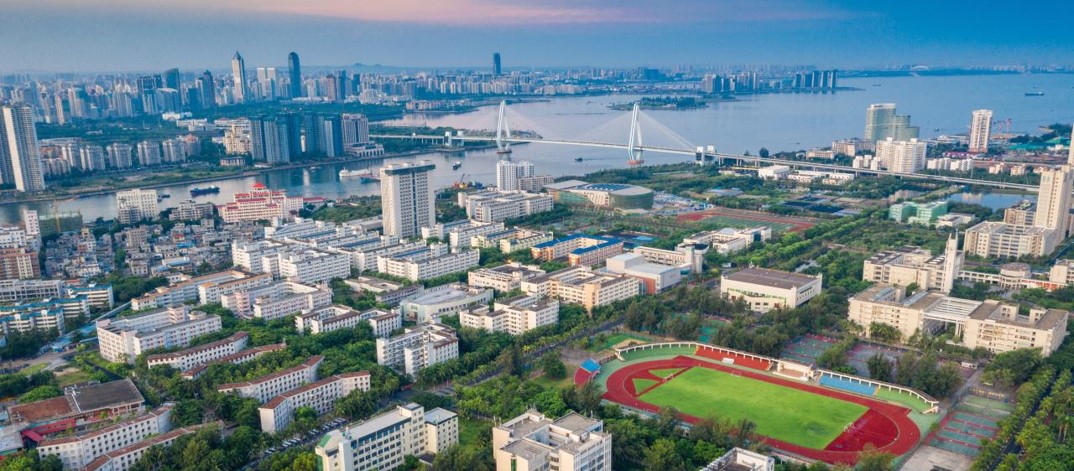Welcome to SCBE!
ABB is committed to developing green biomanufacturing technologies to replace petrochemical manufacturing, addressing the energy and environment issues faced by China and Hainan Province. The team takes important single-celled organisms, such as photosynthetic microalgae and yeasts, as the chassis, uses synthetic biotechnology and green biomanufacturing technology to promote the design and creation of microbial manufacturing systems for high-value functional products, and carries out multi-scale basic and applied research such as "gene-pathway-cell-environment-product". Upgrade the traditional manufacturing processes of food, medicine, energy, from the dimensions of raw material synthesis, process optimization, product development and application, and build an advanced biological manufacturing system. With theoretical innovation and technology demonstration, it has driven industrial transformation and promoted the innovation and development of bio-based functional products.
News
Useful links
Contact us

State Key Laboratory of Marine Resource Utilization in South China Sea, China
Hainan Engineering & Research Center of Marine Bioactives and Bioproducts
Innovation Center of Research & Utilization of Marine Algal Biosource, Haikou

